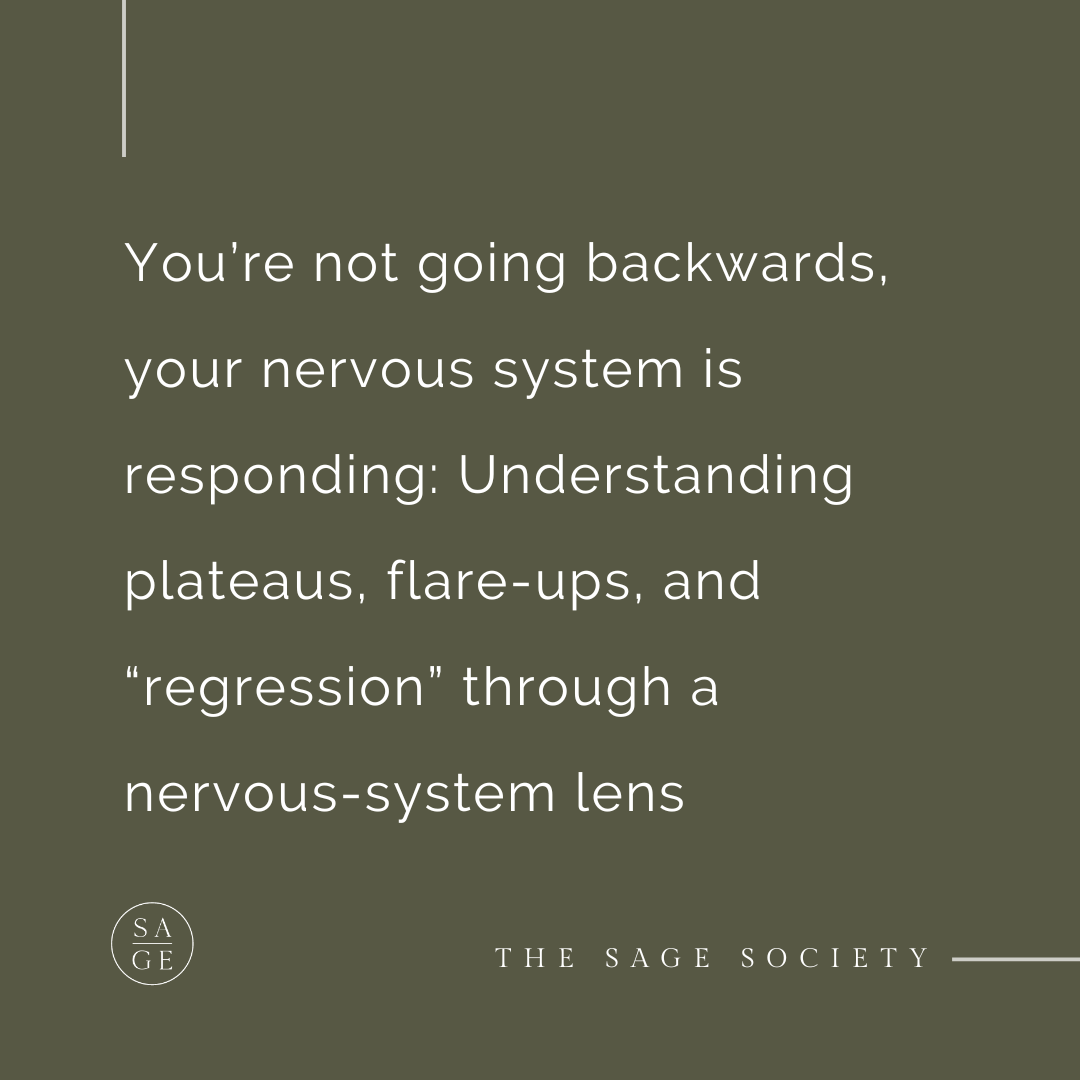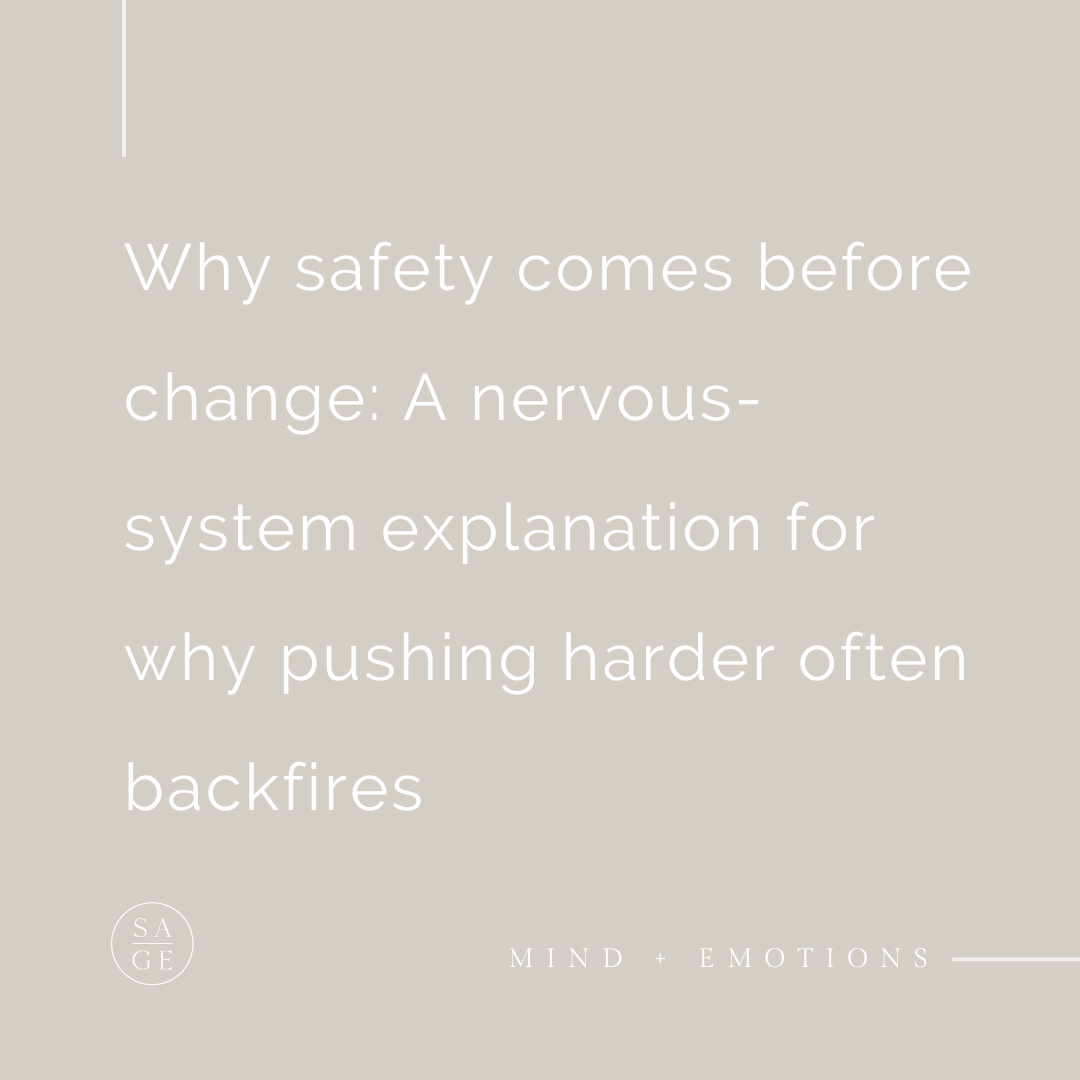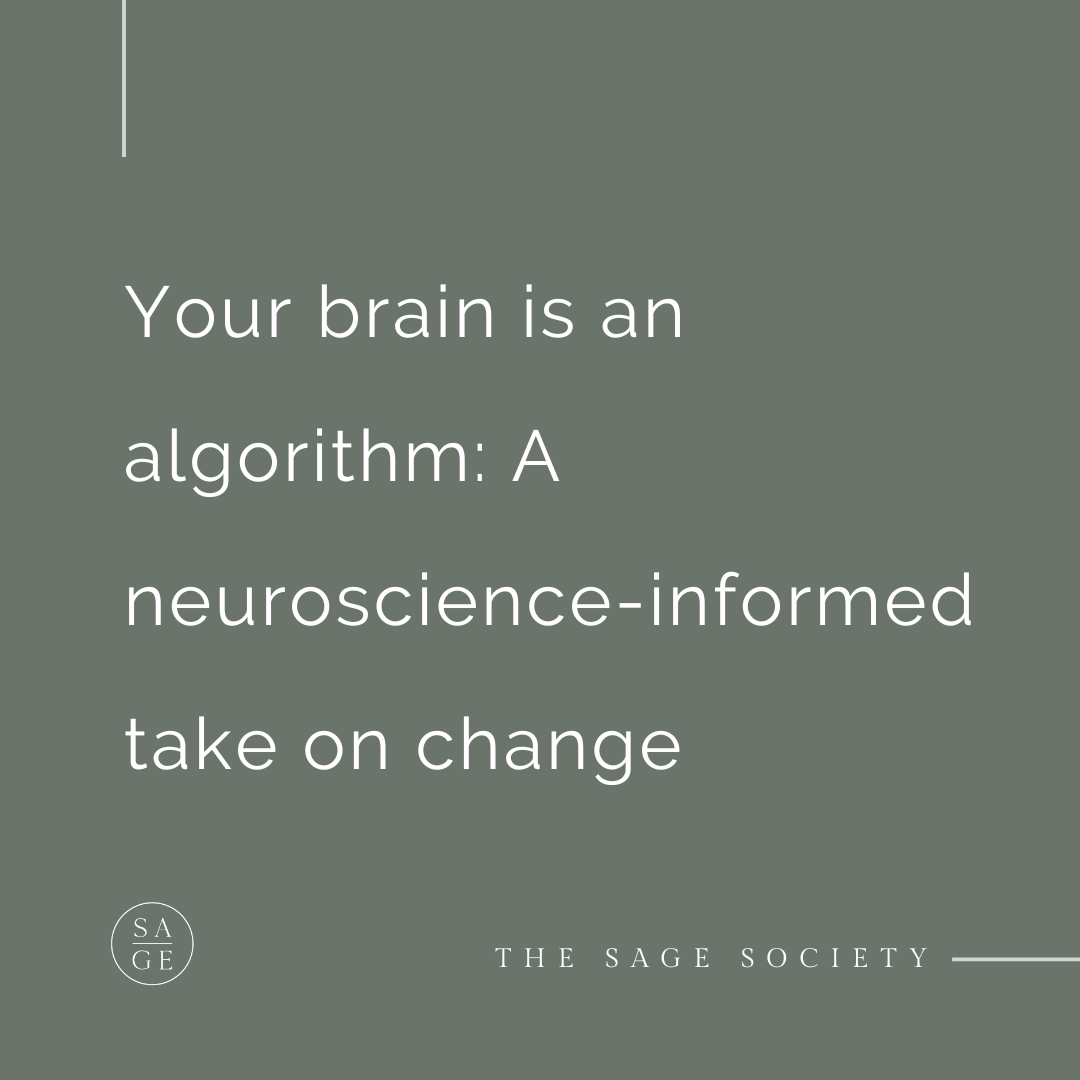Are you really a recovered perfectionist?
If you’ve ever uttered the words “I’m a recovered perfectionist”, you’re not alone. This is a line I hear a LOT! I know I’ve used it.
But what does it even mean? And how can you tell if you actually are a recovered perfectionist, or if this latest label is just another mask?
To find out, start by asking yourself this…
“Do you know your inherent worthiness?”
Do you? And do you accept it?? Do you genuinely believe that you are enough, just the way you are???
Without the perfect career, designer wardrobe, Pinterest perfect home, insta-worthy holiday, or better [insert whatever it is you’ve been trying to attain in order to feel more accepted and liked]?
If you’ve managed to get some distance from your perfectionistic ways (like only checking emails twice rather than 15 times before you hit send or reducing your gym workout to 5 times a week instead of everyday because it’s “healthy”), you might have convinced yourself that you’re good, that you’ve got a handle on this. That you’ve managed to get this destructive, coercive way of being out of your system...
Perfectionism simply means you’re really good at hiding your pain. Really good.
It means that you’re always striving for something more.
This leaves you spending all your waking moments propelled into whatever you need to do next to get yourself ‘there’, wherever ‘there’ is.
But the brutal truth is, this ambition is really just an illusion, because what you’re chasing isn’t REAL. And the desperate attempts to get closer to this won’t ever fill the emptiness and pain that you’ve been trying to out run.
Perfectionism at its core is a coping mechanism. A coping mechanism with a very specific function. To protect you…
Perhaps you grew up in a family where love was conditional? That you only felt the warmth of your parents' love when you achieved a result?
Perhaps this way of being was modelled to you? Your parents were high achievers themselves and you were taught that how you presented yourself to the world was everything?
Perhaps you were criticised or shamed when you didn’t achieve or meet expectations?
Or perhaps this belief of being ‘not good enough’ developed as a way of compensating for you feeling defective? Or alone?
If this was your experience, it makes sense why perfectionism became a way of protecting yourself from this vulnerability. From how you really feel about yourself.
In Schema land we would call the belief of “I’m not good enough” unrelenting standards. And the perfectionism is a mode (i.e. a way of coping with your belief).
WANT TO LEARN MORE ABOUT HOW TO ACTUALLY MOVE BEYOND YOUR PERFECTIONIST WAYS?
I believe being “recovered” means you are no longer PUSHED or frozen by your fear, and instead are called forward by what you love. You are pulled by purpose.
The thing is, to be able to listen to what that calling is, to feel that sense of purpose, you need to be connected to you. To your true self.
So ask yourself again, have you really recovered or are you recovering?
If the answer to that is you’re still recovering, read on to discover the recovery process I walk my therapy clients through
Take it seriously - perfectionism in of itself has a debilitating nature. Minimising the real impact it is having on you and your life will only give it more space to grow.
Remember that you are NOT your perfectionism - instead remind yourself that it is a coping mechanism that has developed to shield you from your pain.
Make choices that align with purpose - life is MESSY. Feelings are MESSY. It will never fit into a beautifully neat box. Learning to BE and to ALLOW the mess of life puts you on the path of purpose.
Allow yourself to feel however you feel about your imperfections - by building your window of tolerance for imperfection (baby steps) you start to transition to acceptance, and that’s where the true magic lies.
Overcoming perfectionism requires reframing our relationship with life, others, and ourselves - Perfectionism pulls you to focus on what’s missing, which means you can’t appreciate what you already have. To reframe your life, you need support and the tools to relearn how to be. In other words, rather than striving for perfection, we instead look to find meaning.











